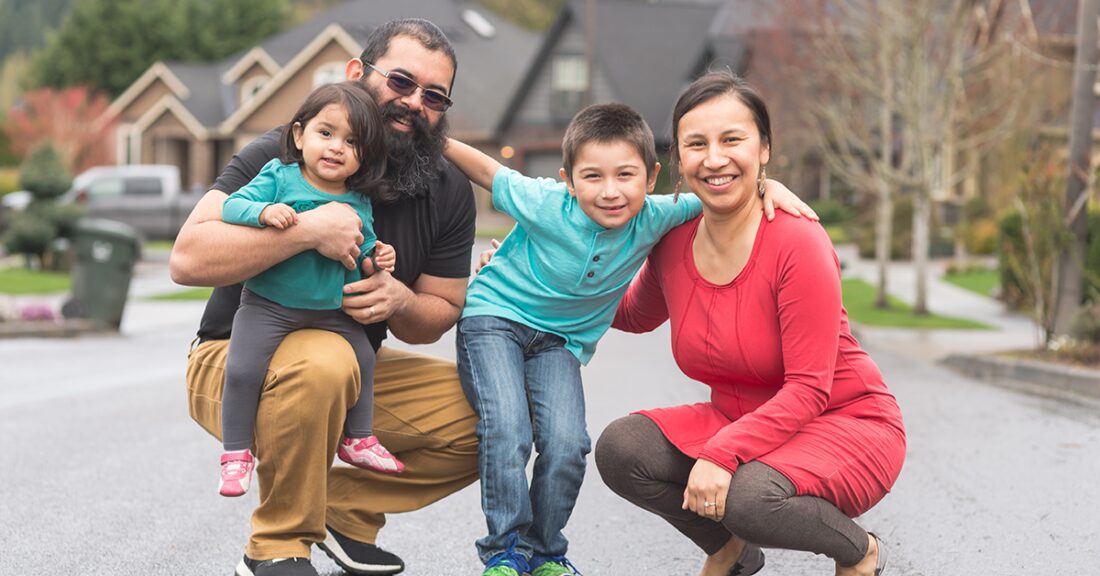Family Spirit To Expand Home-Visiting Program Designed by and for Indigenous Families

A groundbreaking home-visiting program funded by the Annie E. Casey Foundation that incorporates culturally informed practices for Indigenous families will soon expand in the United States and be implemented overseas, thanks to a new $27.8 million grant from the LEGO Foundation.
The Johns Hopkins Center for Indigenous Health recently won one of five awards from the LEGO Foundation’s Build a World of Play Challenge, which aims to support organizations making substantial contributions to the lives of children from birth to 6 years old.
Reaching Indigenous Families in Three Additional Countries
More than 240,000 families in tribal communities in Canada, New Zealand and Australia will be able to take advantage of the expanded Family Spirit program, which was designed to support healthy development for American Indian mothers and young children. The Casey Foundation provided early support for Family Spirit, which was created by and for Indigenous communities in an innovative partnership between the center and the Navajo, White Mountain Apache and San Carlos Apache tribes in 1995.
The program features home visits by local health coaches, an educational curriculum and tools and resources for parents — all delivered in an approach that integrates cultural traditions and practices geared to the strengths of participants. The Foundation supported a web-based platform that helped Family Spirit more quickly and precisely identify what young mothers needed and expand the reach of the curriculum.
The curriculum covers a range of topics from nutrition to language development and includes lessons for home visitors to incorporate local Indigenous child-rearing teachings, such as information about ceremonies held during pregnancy and in a child’s early years.
“Family Spirit shows the tremendous positive effect that is possible when we work collaboratively with communities to address their needs, build trusting relationships and recognize and integrate their cultural backgrounds and expertise,” says Cynthia Weaver, senior associate at the Casey Foundation. “We are very excited to see how this program will continue to make a difference in improving children’s and families’ lives across the world, and how it evolves as an example of an effective innovation brought to large scale.”
Responding to a History of Inequity to Improve Well-Being
Rigorous, peer-reviewed studies on the Family Spirit program show that it has made a significant difference in maternal and child health, including improvements on maternal substance use and depression and children’s social, emotional and behavioral development. The LEGO Foundation-funded initiative also will be evaluated for its effects on children’s well-being, family stability and cultural and community connectedness.
“The center’s commitment to evaluation and building an evidence base helps ensure that effective strategies are prioritized and scaled to improve maternal and child health,” Weaver says. “We look forward to seeing and learning from the results of the expanded program.”
Since its start, Family Spirit has been used in 155 communities in 24 U.S. states. With the LEGO Foundation grant, the center will expand the program in partnership with three organizations internationally: the First Nations Health Authority in Canada; Te Rōpū Rangahau Hauora a Eru Pōmare/The Eru Pōmare Māori Health at University of Otago in New Zealand; and Batchelor Institute for Indigenous Tertiary Education in Australia.
The program also will develop intergenerational outdoor play spaces that incorporate nature-based recreation, land-based learning and cultural teachings. The center was selected out of a pool of 627 applicants from 86 countries.






